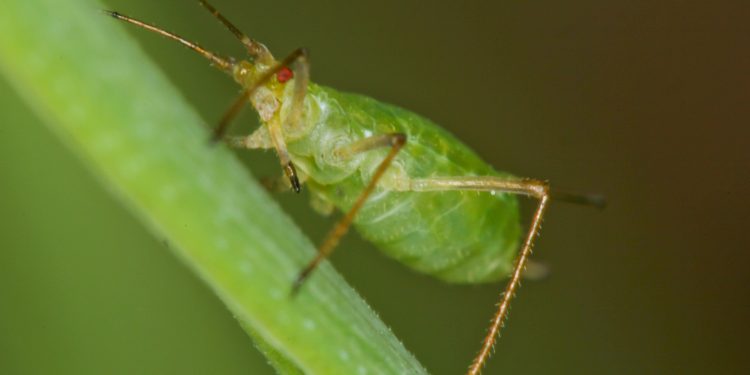Aphids, scientifically known as Aphididae, are small insects that feed on plant sap and are a common pest for gardeners and farmers. They have a soft, pear-shaped body and can be found in a range of colors, including green, black, and red. While aphids may seem harmless, they can quickly reproduce and cause significant damage to plants.
Causes:
Aphids are attracted to new growth and can easily spread from plant to plant. They reproduce quickly, with females giving birth to live young without the need for mating. This means that an infestation can quickly get out of control. Aphids also secrete a sticky substance called honeydew, which can attract other pests such as ants and can cause fungal growth on plants.
Methods of Struggle:
There are several methods for controlling aphids, including:
Physical Removal – One of the easiest ways to control aphids is to physically remove them from plants. This can be done by spraying them off with a strong stream of water or by wiping them off with a damp cloth.
Beneficial Insects – Introducing beneficial insects such as ladybugs or lacewings to your garden can help control aphids. These insects feed on aphids and can help keep their population in check.
Neem Oil – Neem oil is a natural insecticide that can be effective in controlling aphids. It works by disrupting their feeding and reproductive behavior.
Insecticidal Soap – Insecticidal soap is a low-toxicity insecticide that can be used to control aphids. It works by disrupting the outer layer of the aphid’s body, causing them to dehydrate and die.
Horticultural Oil – Horticultural oil can be used to control aphids by smothering them. It works by coating their bodies with a thin layer of oil, which interferes with their breathing.
In conclusion, aphids can be a frustrating pest for gardeners and farmers. However, with the right methods of control, it is possible to keep their population in check and prevent significant damage to plants. It is essential to identify an aphid infestation early on and take action promptly to prevent it from getting out of control.










